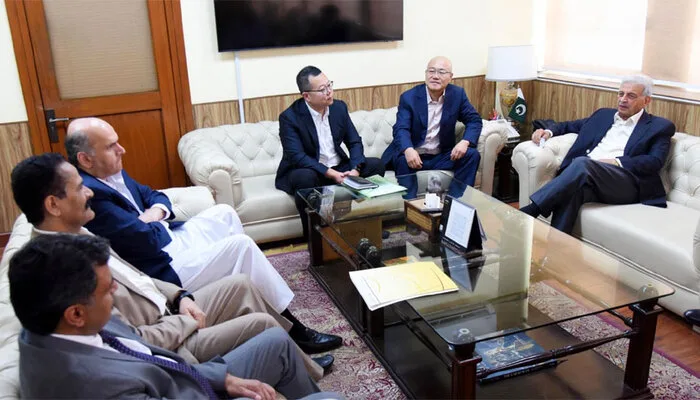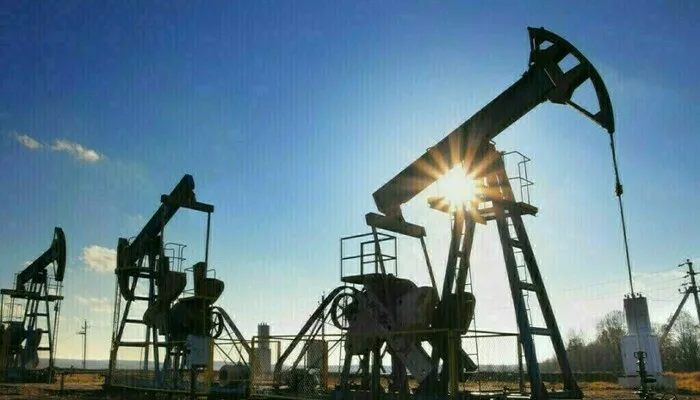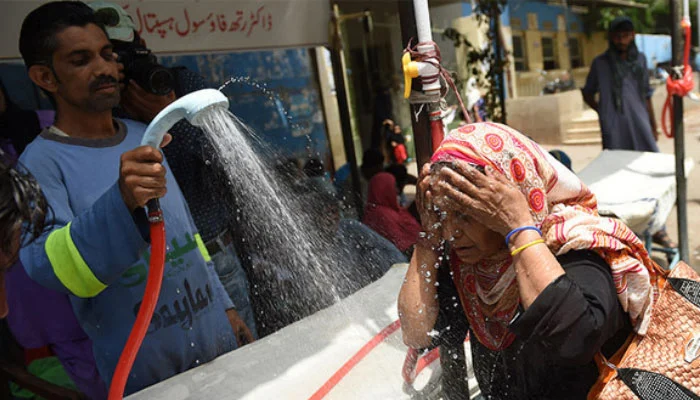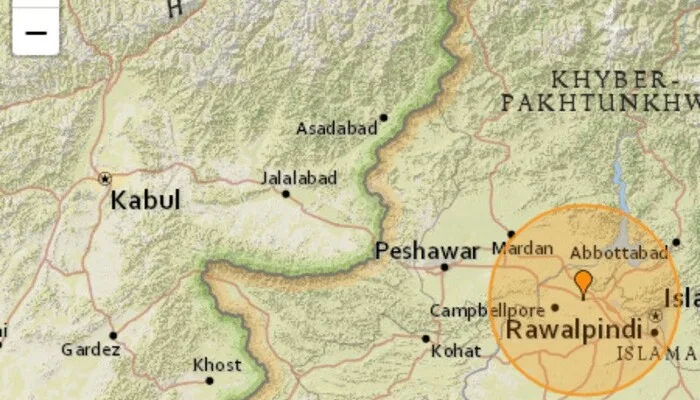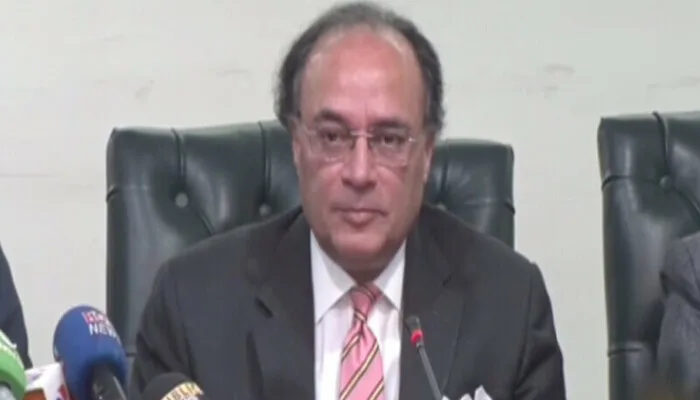
In a powerful address to the business community, Finance Minister Muhammad Aurangzeb vowed that the government would ensure inflation relief in Pakistan directly benefits ordinary citizens. He stressed that intermediaries, or “middlemen,” would not be allowed to manipulate the system for personal gain, especially with inflation reaching a record low.
Inflation at Historic Low
Aurangzeb’s remarks came during a session at the Lahore Chamber of Commerce and Industry on Saturday. He highlighted that Pakistan’s headline inflation had dropped to 0.7% year-on-year in March 2025—the lowest figure since December 1965. This decline beat expectations from both market analysts and the Ministry of Finance, who predicted inflation would stay between 1% and 1.5%. According to Arif Habib Limited, the data aligns with State Bank records, confirming a 59-year low.
Monthly inflation was reported at 0.9%, compared to February’s 0.8% drop. This sharp decline is mainly due to falling prices of wheat products, perishable food items like potatoes and onions, certain pulses, and a significant cut in electricity charges.
Government’s Commitment to Public Benefit
The finance minister emphasized that without impacting the daily life of citizens, policies hold no value. He assured the audience that the government’s goal is to reduce living costs for the general population—not just improve macroeconomic indicators.
He noted that with edible prices decreasing, middlemen would no longer be able to profit at the expense of consumers. Aurangzeb added that the full benefit of recent electricity tariff reductions—announced by Prime Minister Shehbaz Sharif—will appear in April’s inflation data.
Tax Reforms and Privatisation
Aurangzeb admitted that the salaried class bears the brunt of taxation through source deductions. However, he promised the government would explore ways to ease the tax burden on this segment.
He revealed plans to privatize 24 national entities to improve efficiency and reduce bureaucratic involvement in the economy. Increasing the tax-to-GDP ratio to 13%, he said, would help the government deliver broader relief across sectors.
Read: Historic Surge in Gold Prices: One-Day Hike of Rs10,000 Shocks Pakistan’s Markets
Economic Potential in IT and Minerals
Aurangzeb described the IT and mineral sectors as “game changers” for Pakistan’s economic future. He pointed to Singapore’s $22 billion nickel exports as an example, arguing that Pakistan’s copper reserves could generate similar results if properly tapped.
Interest from foreign investors in Pakistan’s mineral resources is growing. The finance minister assured that the government is working to eliminate obstacles for both local and international investors.
Industrial Growth and Investment Confidence
Addressing the business community’s concerns, Aurangzeb pledged to improve taxation, cut financing costs, and reduce energy tariffs to support industrial growth. He also confirmed that restrictions on profit repatriation for foreign investors had been lifted, boosting market confidence.
He concluded by reaffirming the government’s commitment to economic stability. “We talk about economic stability, but that also means meeting our obligations to our own investors. Lowering inflation is not just good news—it’s essential for sustainable growth,” he said.
Follow us on Google News, Instagram, YouTube, Facebook,Whats App, and TikTok for latest updates



